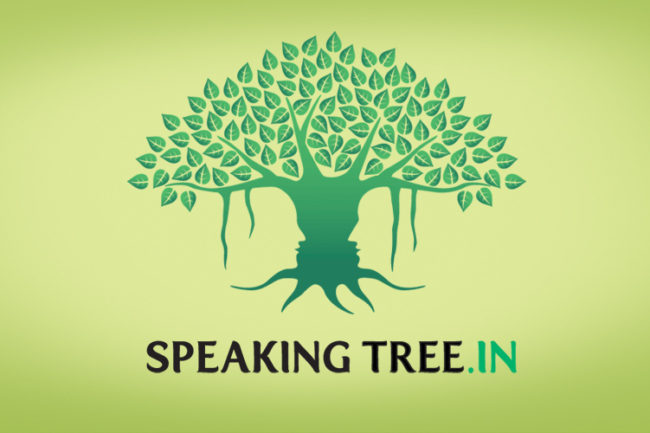Seeking answers to existential concerns through the medium of questions and answers is recognised by Upanishads as a powerful process. The ‘Prashna Upanishad’, for instance, derives its name from questions asked by the seeker about the meaning of life and creation.
Questions start with a quest for meaning and purpose and are seen as important tools for unlocking hidden lessons. Answers need to be worked out keeping in mind the implicit admission by the teacher that he may not know the answer, thus introducing a sense of curiosity and humility into the process of learning.
It is all about developing a ‘questioning mindset’. A disposition for exploration that is open to new information, diverse perspectives and willingness to ask challenging questions with a spirit of inquiry and resourcefulness.
The nature and scope of questions may have changed over time, but we have still not found answers to many of our critical questions – about who we are, where are we going and how can we deal with the emerging realities in a creative way?
Covid-19 has been a catalyst for change. So how should we answer the call to change? For we have been challenged at the intellectual level with an overwhelming uncertainty; at an emotional level with anxiety and insecurity; and at a physical level with the lack of physical interaction and isolation.
Research at MIT Leadership and Innovation Center confirms that great questions have a catalytic quality in dissolving the barriers to creative thinking. We often focus on creating best solutions to any problem by asking open-ended, futuristic and actionable questions. Such questions don’t have easy answers. You have to first spend time in discovering the right questions that lead to the right answers. You must then live with the uncertainty of not having an immediate answer. The good news is that living with uncertainty is something we’re all getting better at.
But what if in this fast-changing reality, the problem itself changes by the time we think of dealing with it. For instance, would mutation in the nature of the virus impede vaccine discovery progress?
Debates are still raging about whether this is a public health crisis or livelihood crisis. A health crisis or a wealth crisis? Or both?
As pandemic resets major work trends, are we relying heavily on technology, automation and digitisation to meet goals, but compromising on our humanity in sharing our feelings of empathy and vulnerability?
How can we peacefully coexist with our fellow species sharing the same space? How do we nurture nature?
Clearly, we need to create a culture of inquiry that incubates questions after intensely examining the problems with a strong and determined resolve to solve them, because right questions unlock assumptions, demand introspection, reveal solutions and give energy for transformative change. These have enormous implications for economies, climate change, environment and the future of human beings. The answers to these questions will be lodged in our collective history and tell a story that will leave footprints long after Covid-19 has been quelled.
Shunryu Suzuki reminds us, “In the beginner’s mind there are many possibilities, in the expert’s mind there are few.” Being vulnerable to not having answers can open many doors. How we create our future depends on how we deal with our present. The questions we ask will drive the behaviour we want to see in a new world. But only the right questions!http://https://timesofindia.indiatimes.com/blogs/toi-edit-page/inquiry-can-be-a-catalyst-for-change/
